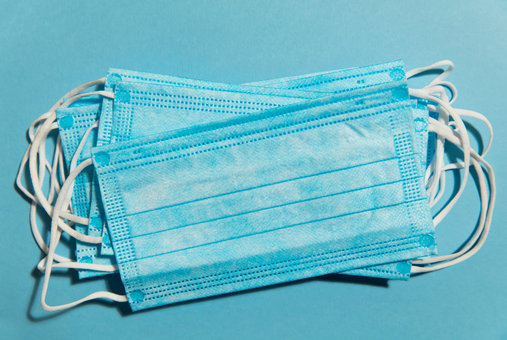
Brazilian researchers analyzed news headlines about false statements by Jair Bolsonaro on COVID-19 in 2020, and in 60% of the cases the then-president's lines were just reproduced, without contextualization or correction. Researcher Marilia Gehrke spoke to LatAm Journalism Review (LJR) about how this practice contributes to misinformation and undermines journalism’s credibility.
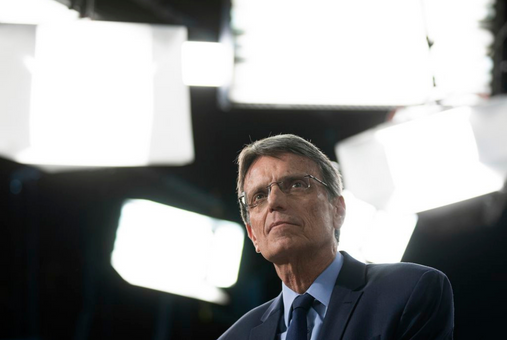
Journalist Hélio Doyle has been appointed to lead the reconstruction of Brazil’s Public Communication Company (EBC, by its Portuguese acronym) after six years of neglect and censorship under the governments of Michel Temer and Jair Bolsonaro. Doyle spoke about how journalism will be "a flagship" in public communication made by the state-owned company.
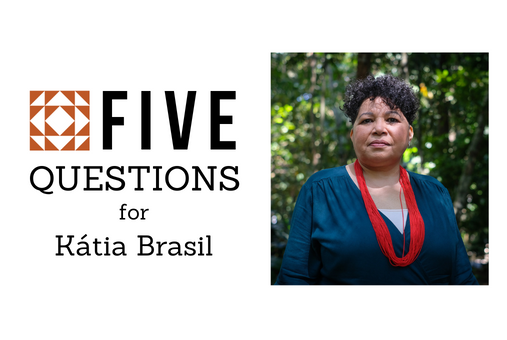
Brazilian journalist Kátia Brasil has 37 years of professional career and 33 years in the Amazon. For 10 years, she has been dedicated to covering the region at Amazônia Real, of which she is co-founder and co-director. She talked to LatAm Journalism Review (LJR) about the challenges of investigative journalism focused on the Amazonian peoples.
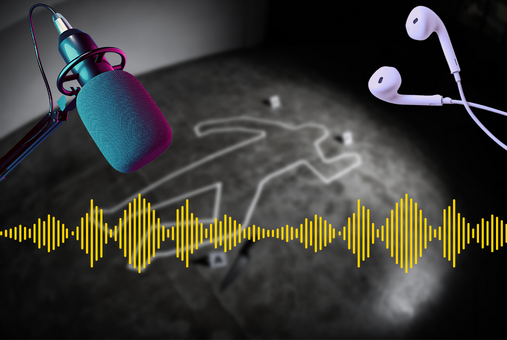
Journalists in Latin America have found in true crime podcasts an ideal platform for bringing investigative reporting on real crime to new audiences. However, journalists still face major challenges in terms of distribution and monetization.
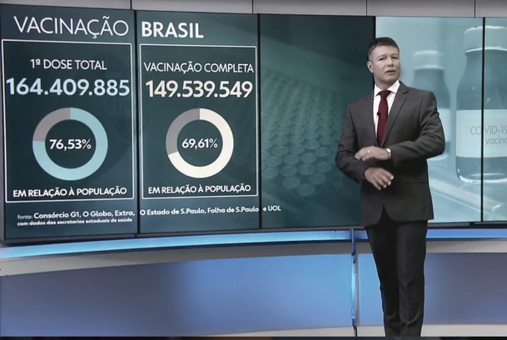
In June 2020, with Brazil rapidly accumulating cases and deaths from COVID-19, the federal government acted to hide the reality of the pandemic in the country. Six news outlets responded by establishing a consortium to release COVID-19 data. It ended in January, but leaves behind lessons on the value of transparency and collaboration.
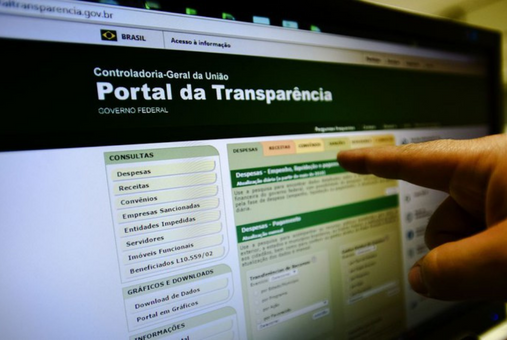
In Brazil, independent media have been working to make public transparency the rule, both in government and in newsrooms. Journalists from Fiquem Sabendo and Agência Pública give tips on how to conduct investigations using the Access to Information Law (LAI).
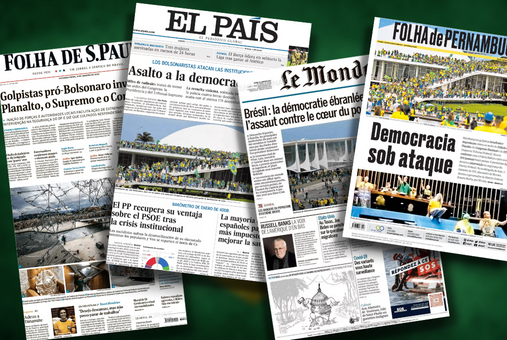
Turning to experts, not normalizing anti-democratic attitudes, and providing the public with the necessary context about lies and misinformation are some pieces of advice from experts on how to cover acts by extremist groups, such as those that happened on Jan. 8, when former president Bolsonaro's far-right supporters stormed three federal buildings in Brasilia.
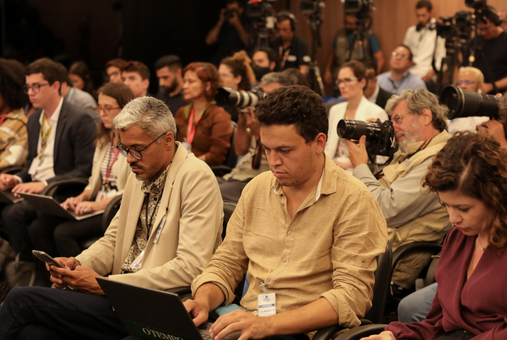
The Brazilian government announced the creation of the National Observatory of Violence against Journalists, a demand from organizations defending press freedom and journalists. National Secretary of Justice, Augusto de Arruda Botelho, told LatAm Journalism Review (LJR) that the creation of the new body was motivated by the "escalating violence" against journalists in the country.
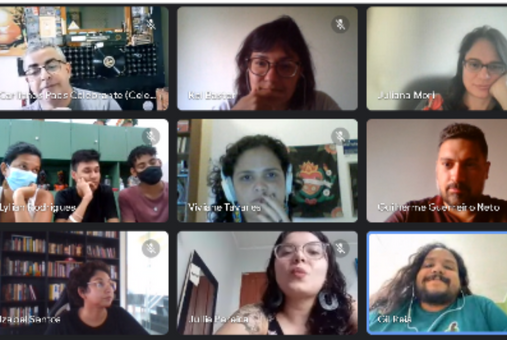
InfoAmazonia, a trilingual platform devoted to covering the Amazon Rainforest, has launched a Citizen Network of news outlets based in the Brazilian Amazon that cover socio-environmental issues. The idea is to strengthen local journalism in the region and expand media audiences, improving the content and bringing it in and around the Amazon to local populations and a global audience.
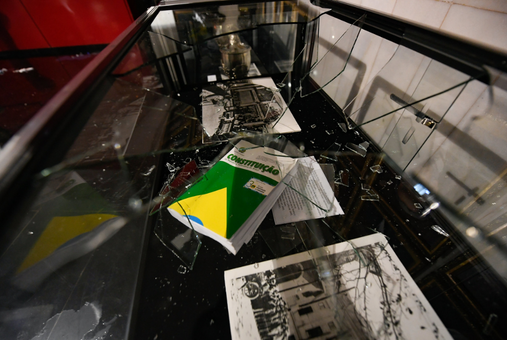
At least 12 journalists were physically assaulted, robbed or threatened with death by groups of Bolsonarists while covering the terrorist acts perpetrated by supporters of former Brazilian president Jair Bolsonaro on Jan. 8 in Brasilia. Thousands of them stormed and vandalized the National Congress, the Planalto Palace and the Supreme Court in the face of inaction by police officers present, who in more than one case also refused to help journalists.
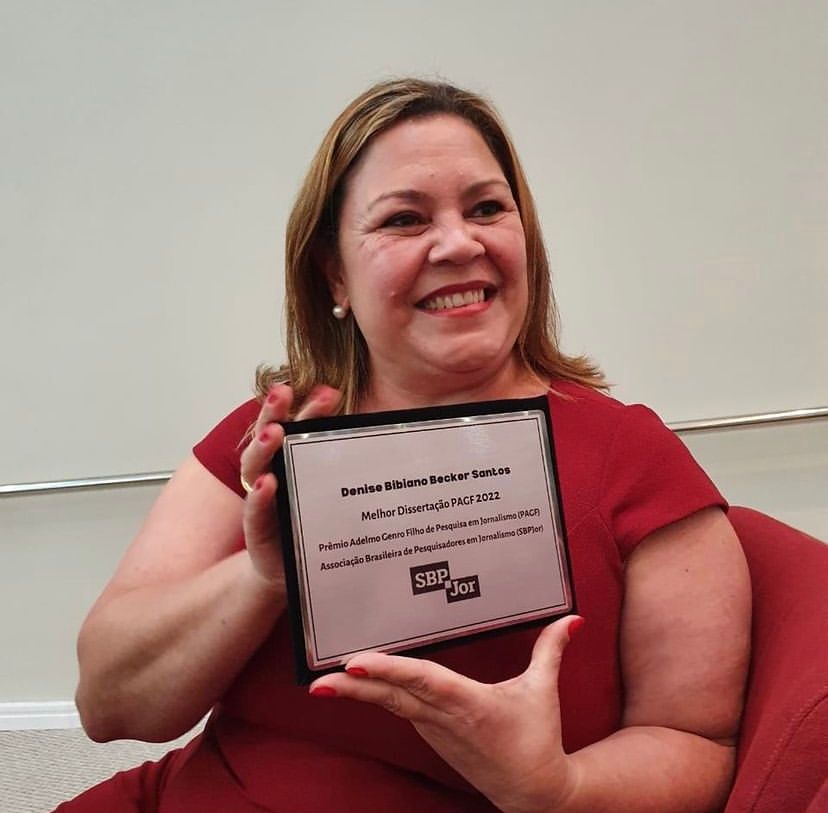
Brazilian researcher Denise Becker, from the Federal University of Santa Catarina, defends transparency as a key value for journalists and news organizations to face the wave of loss of trust that affects the press. Winner of the 2022 best dissertation award from the Brazilian Association of Journalism Researchers, Becker argues that transparency contributes to rebuilding public trust in journalism.
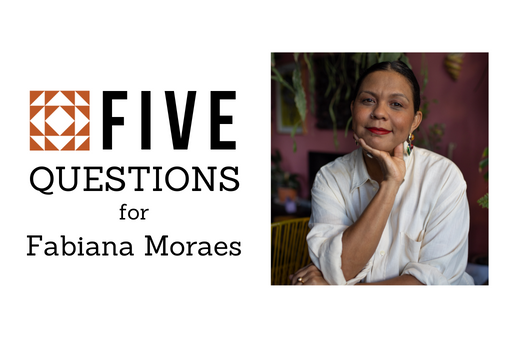
Brazilian journalist Fabiana Moraes has in recent years honed her sharp critique of the coverage of Brazilian politics and society. She talked to LatAm Journalism Review about her new book, "A pauta é uma arma de combate" [The article is a combat weapon], in which she proposes a subjective journalism and talks about "how journalism can oppose scenarios of the destruction of people’s humanity."